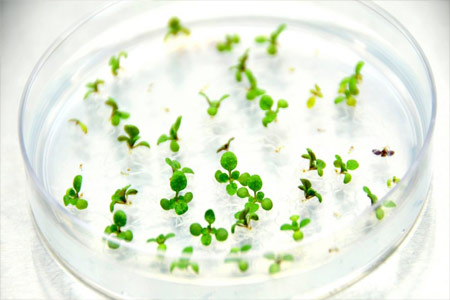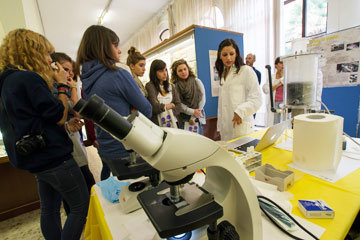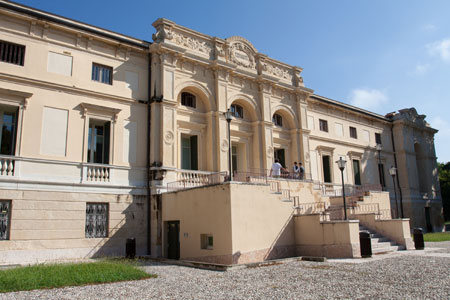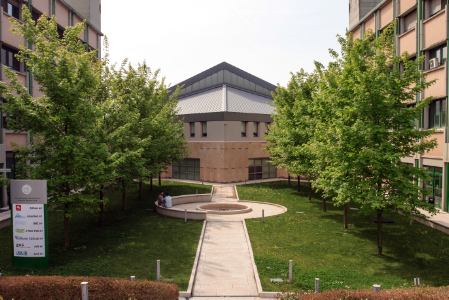Learning outcomes
The objective of this course is to expand the knowledge of genomic science, particularly to study the genetic information, genome organisation and evolution.
Genetic and physical maps and molecular markers. The human genome projects. The content of the human nuclear genome. The future of human genome projects. Genes and gene families. Gene localization on genomes. Coding and non-coding regions. Impact of alternative splicing. Unique sequences and repetitive DNA. Transposable elements. Defective elements and pseudogenes. Gene orthologs and paralogs and evolutive correlation. Comparison of the genomes of humans, yeast, drosophila, maize and Escherichia coli.
Experimental study of gene function. Gene inactivation by homologous and non-homologous recombination. Gene knockout. Transposon tagging, P element in drosophila, Ty1 element in yeast. RNA interference (RNAi). Genome-wide RNAi screen. Gene overexpression.
Organelle genomes. Gene interaction nucleus-mitochondria-chloroplasts. Gene migration from organelles to nucleus and mechanisms of gene transfer and evolution.
Comparative genome. Syntheny and genome correlation. Syntheny in plant genome. Genome variability. Genetic diversity and recombination along the chromosome. Recombination hotspots. Genome size. Genome restructuring. Correlation between genome plasticity and transposable elements amplification.
Genome evolution. Duplication and rearrangement. Polyploidization. Non-coding DNA and functional evolution.







